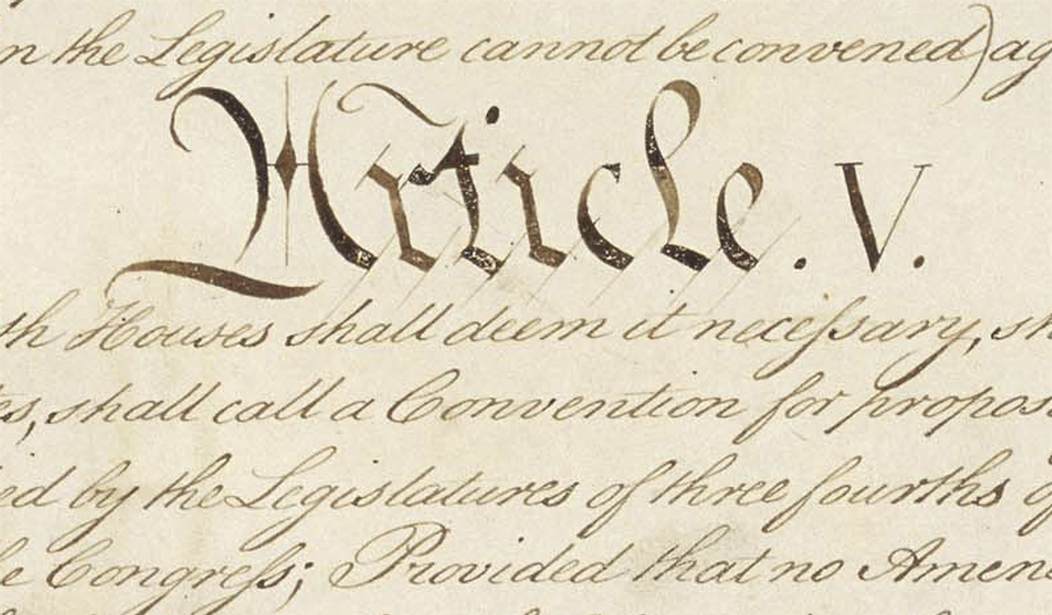If I were addressing a young audience today, I would face an uphill battle to explain why conservatism so inspired me during my own impressionable years. Today, what has been dubbed "Conservatism, Inc" has become so cynical, so nasty, so truth-challenged, and so dumbed-down that it repels all but one-quarter of people between 18-29. The Republican Party, now a training ground for Fox News, has shed dignity and principle like a Siberian Husky blowing its coat.
Even among conservative intellectuals, this era has provoked a shocking departure from ideas and identities that had been brilliantly conceived and painstakingly argued for decades. It is now even fashionable in some right-wing quarters to question American exceptionalism -- which had enjoyed nearly universal acclaim less than a decade ago. Today, we are invited to believe that America is just a nation like any other, and that American nationalism -- based upon language, history and geography -- has the truest claim on our hearts.
Journalist, historian and longtime National Review senior editor Richard Brookhiser has kept his footing. He has published a defense of what he calls "America's Exceptional Idea," and it's a tonic. In "Give Me Liberty," Brookhiser presents an elegant and lyrical case not for the argument that "America is an idea" but for the ideal that has shaped America: liberty. He writes: "This is the most confused historical moment I have lived in. Between a haggard establishment, a perverse intelligentsia, and an inchoate populist pushback, America's national essence is being ignored, trampled, or distorted. ... We have always been a free country; our advances are fulfillments of old promises, not lunges in the direction of new ones."
Recommended
Through 13 documents, spanning 1607 to 1987, Brookhiser recounts the tropism toward liberty that has animated the American nation for centuries.
Did you know of the Flushing Remonstrance? I confess I did not. During the harsh reign of Peter Stuyvesant of New Amsterdam, several members of the then-new sect dubbed Quakers were persecuted. Some were expelled; others were arrested and flogged. But there was a grassroots resistance. In 1657, a group of ordinary Flushing (now Queens, New York) citizens put their names to a "remonstrance" addressed to Stuyvesant citing Biblical authority. Yes, they wrote, some called the Quakers "seducers," but we cannot "stretch out our hands against them, for out of Christ God is a consuming fire." Stuyvesant was outraged and had his revenge, but the precedent of religious liberty was set, and proved enduring.
"Give Me Liberty" draws attention to the trial and jury nullification of John Peter Zenger (devotion to free speech coursed through the American bloodstream long before the First Amendment was adopted), to the Declaration of Independence, to the "New Colossus," the poem that adorns the Statue of Liberty, and more. Each portrait sparkles with details. The Marquis de Lafayette had soil from Bunker Hill imported to cover his grave in Paris. The debate over ratification of the Constitution was more than a matter of dueling pamphlets; there were riots. In Albany and New York City, "rival parades of pros and antis fought each other with clubs, stones, and bricks -- but happily no deaths." There were descendants of George Washington's slaves working (as paid employees obviously) at Mount Vernon into the 21st century.
Brookhiser's account is reverent without falling into mawkishness. Ironies are archly noted. Two members of the New York Manumission Society owned slaves. In 1807, the state of New Jersey, having experienced a particularly corrupt election, even by Jersey standards, decided to reform. "Ashamed of what its political culture had produced," Brookhiser notes, "the state reformed itself by purging its voting rolls of women and free blacks."
It may surprise some readers that Brookhiser includes William Jennings Bryan's "Cross of Gold" speech in this sketch of liberty as the defining American value. That seems less clear to me than the choice of the Gettysburg Address or the Constitution.
The book closes where many arguments about the nature of this republic do -- with what the Civil War was about. It's a conversation between former president Ulysses Grant and Otto von Bismarck in 1878. Bismarck offered that the war had been about nationalism -- the Union had to prevail. No, Grant corrected him. Only at the start. In the end, "We felt that it was a stain to the Union that men should be bought and sold like cattle." Brookhiser sums up: "A union in which denial of liberty was a permanent feature, not a stain to be deplored, contained, or eradicated, was not a union worth saving. It would not be America."
Mona Charen is a senior fellow at the Ethics and Public Policy Center. Her new book is "Sex Matters: How Modern Feminism Lost Touch with Science, Love, and Common Sense."

























Join the conversation as a VIP Member